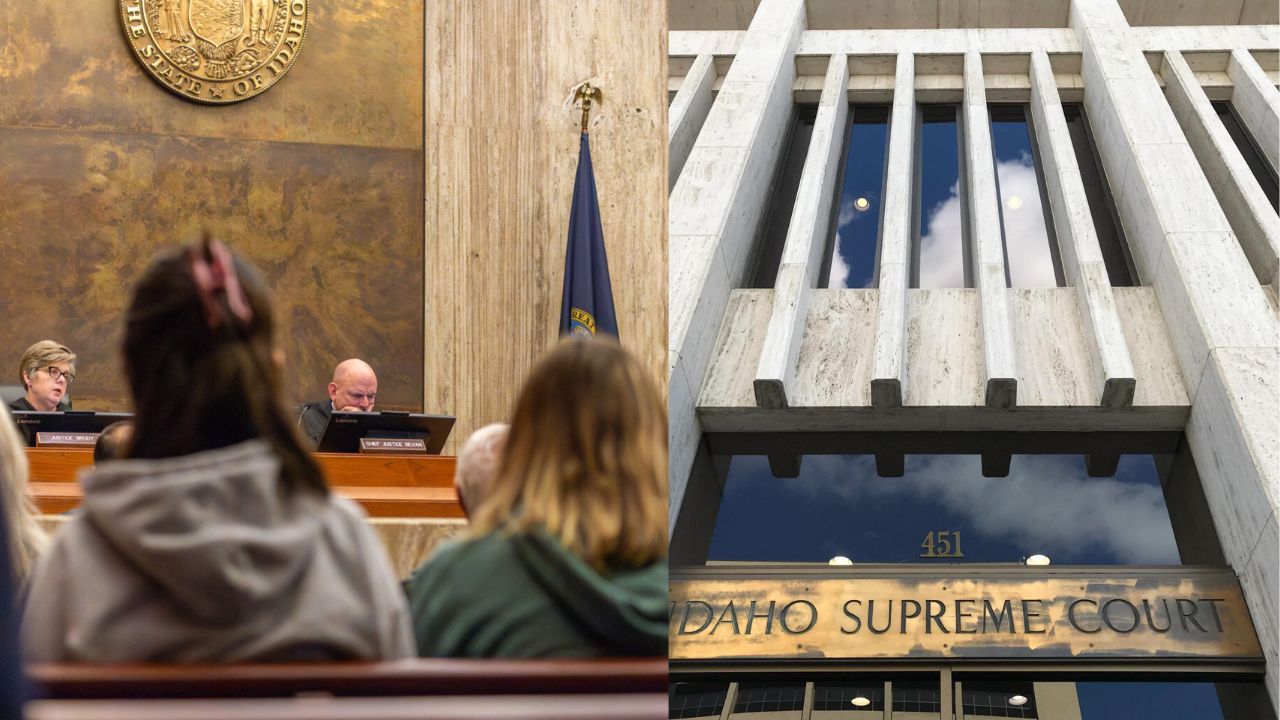The Supreme Court on Monday granted Idaho officials’ request to enforce a ban on gender-affirming medical care for nearly all transgender minors statewide, narrowing the scope of a lower court’s order that had blocked the law. The court’s conservative majority approved the state’s request for a stay despite objections from the three liberal justices, Sonia Sotomayor, Elena Kagan, and Ketanji Brown Jackson.
The stay does not affect the two transgender teenage plaintiffs in the case and their care, but it blocks the broader aspects of the lower court’s ruling. Justice Neil Gorsuch, joined by Justices Clarence Thomas and Samuel Alito, wrote in an opinion that the district court’s order would have prevented Idaho from implementing any aspect of its law for years, while the plaintiffs would not suffer harm from the partial stay requested by the state.
In dissent, Jackson, joined by Kagan, argued that the Court should not intervene at this stage, particularly in novel and contentious circumstances, urging caution in handling the case.
The American Civil Liberties Union (ACLU) and the ACLU of Idaho, acting on behalf of two families challenging the law, expressed criticism of the Supreme Court’s ruling in a statement. “While today’s ruling doesn’t address the constitutionality of this law, it’s a devastating outcome for transgender youth and their families statewide,” the groups stated. “This ruling permits the state to halt crucial care for countless families while exacerbating confusion and disruption. Nevertheless, this outcome only strengthens our resolve to fully challenge this law in court, striving to make Idaho a safer place for every family.”
The legal dispute centers on Idaho’s Vulnerable Child Protection Act, also known as H.B. 71, signed into law by GOP Governor Brad Little in the previous year. This law prohibits healthcare providers in the state from administering certain medications or surgeries “to alter or affirm a child’s perception of their sex if it conflicts with their biological sex.” Restricted treatments include puberty-blocking drugs, hormone therapy, and surgeries. Violators may face up to 10 years in prison and fines.
Parents of two transgender girls sued the state over the law, contending it violates the Constitution. Identified in court filings as Pam Poe and Jane Doe, they were diagnosed with gender dysphoria and have undergone puberty blockers and estrogen therapy.
In addition to challenging the law’s constitutionality, the families requested a federal district court to halt its enforcement while their case progresses. In December 2023, the district court granted their request, determining that the law likely breaches the Constitution. It also concluded that prohibiting gender-affirming care could cause “significant harm” to Pam Poe and Jane Doe, leading to “severe psychological distress.”
“Transgender children deserve equal legal treatment,” stated U.S. District Judge B. Lynn Winmill in his ruling. “Parents should retain the authority to make fundamental decisions about their children’s care.”
The statewide injunction was issued partly because Judge Winmill determined that providing relief solely to Pam Poe and Jane Doe, who used pseudonyms, without compromising their anonymity would be challenging. He also reasoned that limiting the injunction to the plaintiffs could lead to additional lawsuits, resulting in unnecessary and repetitive litigation. State officials appealed to the U.S. Court of Appeals for the 9th Circuit, requesting to either halt the district court’s order or narrow its scope to only cover Pam Poe and Jane Doe. However, this request was denied.
Subsequently, Idaho sought emergency relief from the Supreme Court while the 9th Circuit reviews the appeal, urging the justices to restrict the injunction solely to Pam Poe and Jane Doe. The Supreme Court agreed with this request in its Monday order.
In their plea to the justices, Idaho officials, represented by the conservative legal group Alliance Defending Freedom, criticized the broad reach of the district court’s injunction, arguing that it was excessive and overly encompassing by blocking the law’s enforcement “in all circumstances against all parties.”

